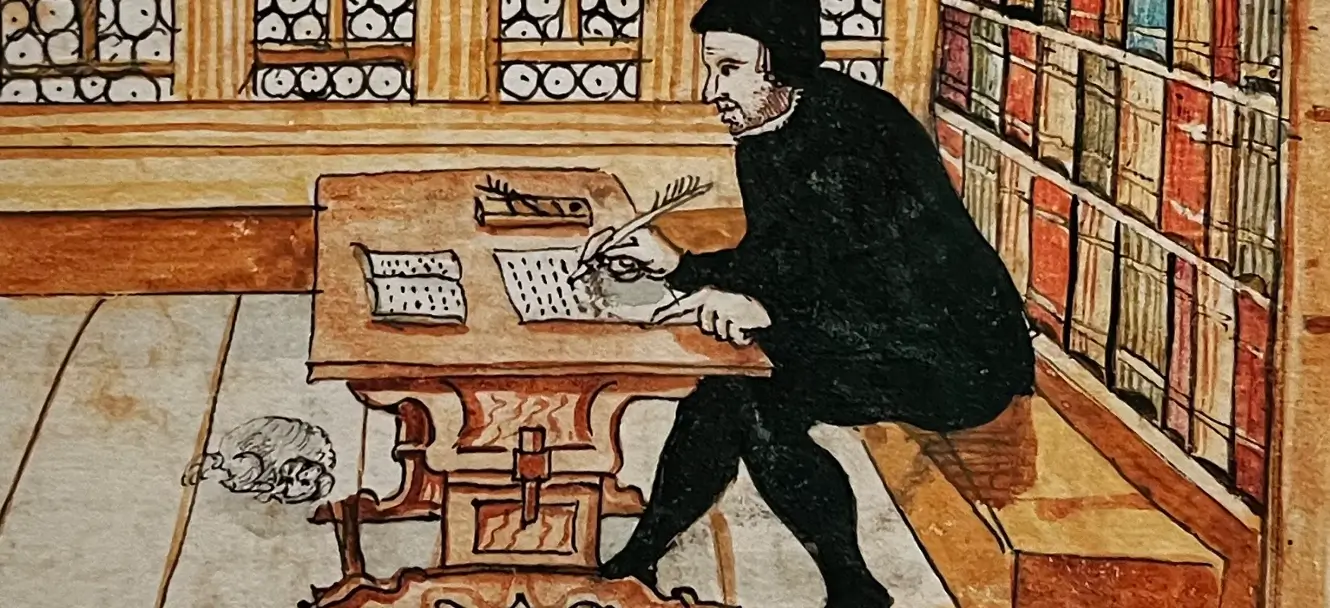Treasures
Table of major world religions

Nuit lumineuse
Nuit lumineuseConcerts scandinaves à l’approche de Noël Vendredi 6 décembre et lundi 9 décembr...
RegistrationAll events
This engraving is the work of Bernard Picart (1673-1733), a famous engraver and draftsman born in Paris, converted to Protestantism and taken refuge around 1710 in Amsterdam, for reasons of religion.
In the foreground, Islam: near a camel, men are seated around Caliph Ali while the latter, standing, explains the Koran to them. The men burning in the flames nearby could allude to the attitude that Christian Europe had towards the Muslim religion.
In the background of the image, Christianity is personified in front of a tree. She is holding an open Bible that a Franciscan is trying to close, pointing to another book, Councils and Traditions, near which stands the personification of the Roman Church, wearing a papal tiara, surrounded by members of the Catholic clergy and trampling on a rabbi. Next to the latter, a Greek patriarch gestures reverently to the Church of Rome. To the left of Christendom, the Reformation is a young woman who points to the text of the Bible and clears the tree of useless branches. Behind her, we recognize, among the reformers, Luther and Calvin.

The last shot shows the ceremonies and cults of India, China and the Americas, as well as the idols of the Lappish people.
In this Table of the main religions of the world, religions are brought together in a spirit of peace and equality. This is the frontispiece of the collection that Picart produced in collaboration with the publisher Jean Frédéric Bernard (1683?-1744), a French Protestant who also took refuge in Amsterdam: the Ceremonies and religious customs of all the peoples of the world, whose volumes of the first edition were published between 1723 and 1737.
The work, which was a great success, brought together for the first time all the knowledge of the time on the religions of the world, without hierarchy.






 Google Analytics & Pixel Facebook
Google Analytics & Pixel Facebook